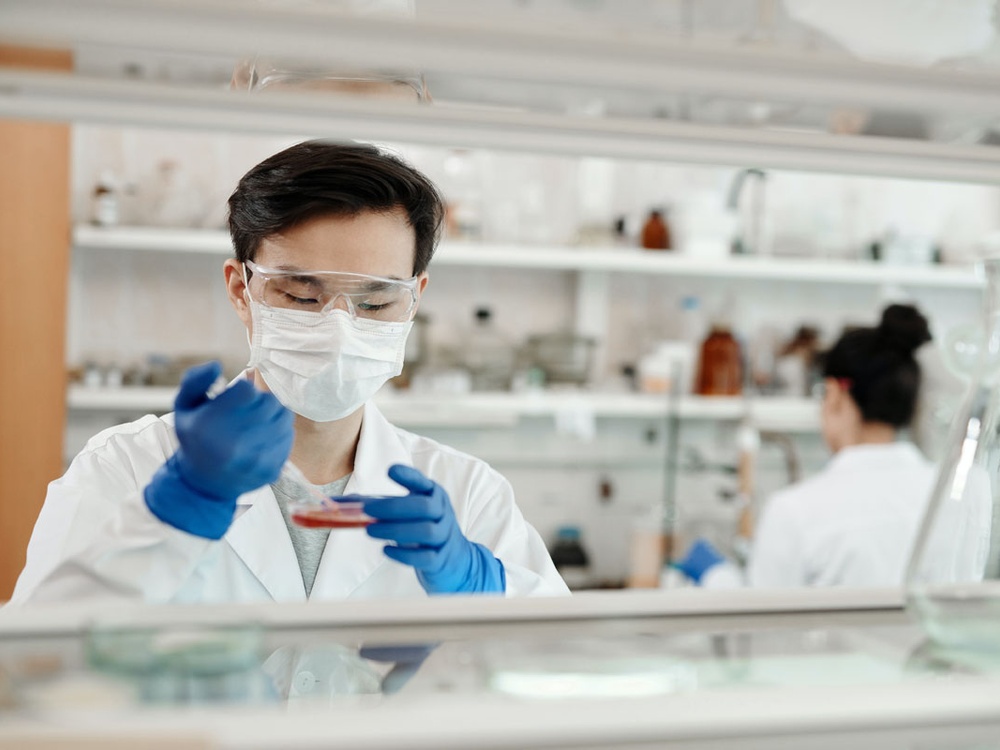We’re delighted to announce funding for three exciting new research projects that aim to increase scientific understanding of mitochondrial diseases and improve the lives of those impacted by them. These projects involve teams from leading mitochondrial research groups across the UK, and strengthen the longstanding relationship The Lily Foundation has with mitochondrial scientists committed to making a difference to those living with the condition.
The new studies, which were selected following rigorous review by an international panel of independent experts, brings the number of research projects currently funded by The Lily Foundation to 14. Since launching in 2007, we have invested a total of £2.3 million into mitochondrial disease research that has changed lives and advanced the search for a cure.
The new Lily-funded projects include:
Treatment study – Transcranial Direct Current Stimulation
Transcranial direct current stimulation is a potential new treatment for epileptic seizures, which are common in people with mitochondrial diseases. It works by applying a very low electrical current to specific parts of the brain. Painless and non-invasive, the technique has been shown to calm epileptic seizures in specific cases when medication is not effective. This study aims to see if it can be used successfully to treat patients with mitochondrial epilepsy which can often be very challenging to manage.
Review of POLG research literature
POLG-related mitochondrial disease can cause a range of debilitating symptoms which can present at any age with varying levels of severity. The aim of the study is to extensively review published literature to provide a deeper understanding of POLG, identify potential treatments and therapies, and improve clinical management of the disease to improve the lives of patients.
Development of the RUDY patient database
Involving patients in research is vital for increasing understanding of mitochondrial disease. RUDY (Rare Undiagnosed Diseases Study) is a secure platform which allows patients to submit health data for research purposes. This project funds the upgrade of this platform to include a mitochondrial disease profile which will allow patients to submit information about their disease experience. This resource will improve the quality of mitochondrial research and help ensure a patient-centric approach to clinical care. We are grateful to our fellow mitochondrial disease charity My Mito Mission for providing additional funding support for this project.
We’ll be sharing more news about each of these projects in the coming months, along with updates about other Lily-funded research projects. Make sure you subscribe to our newsletter to stay informed.

